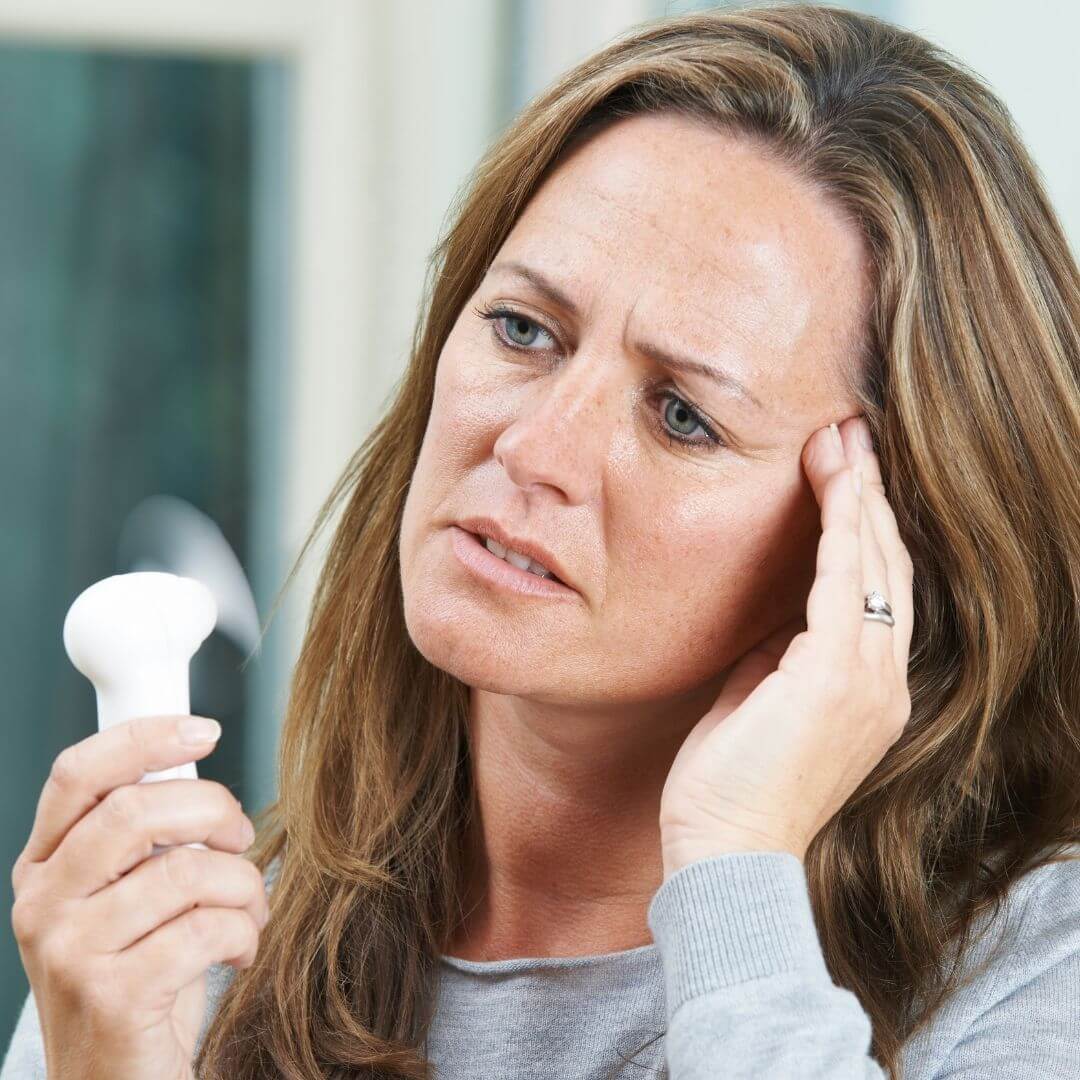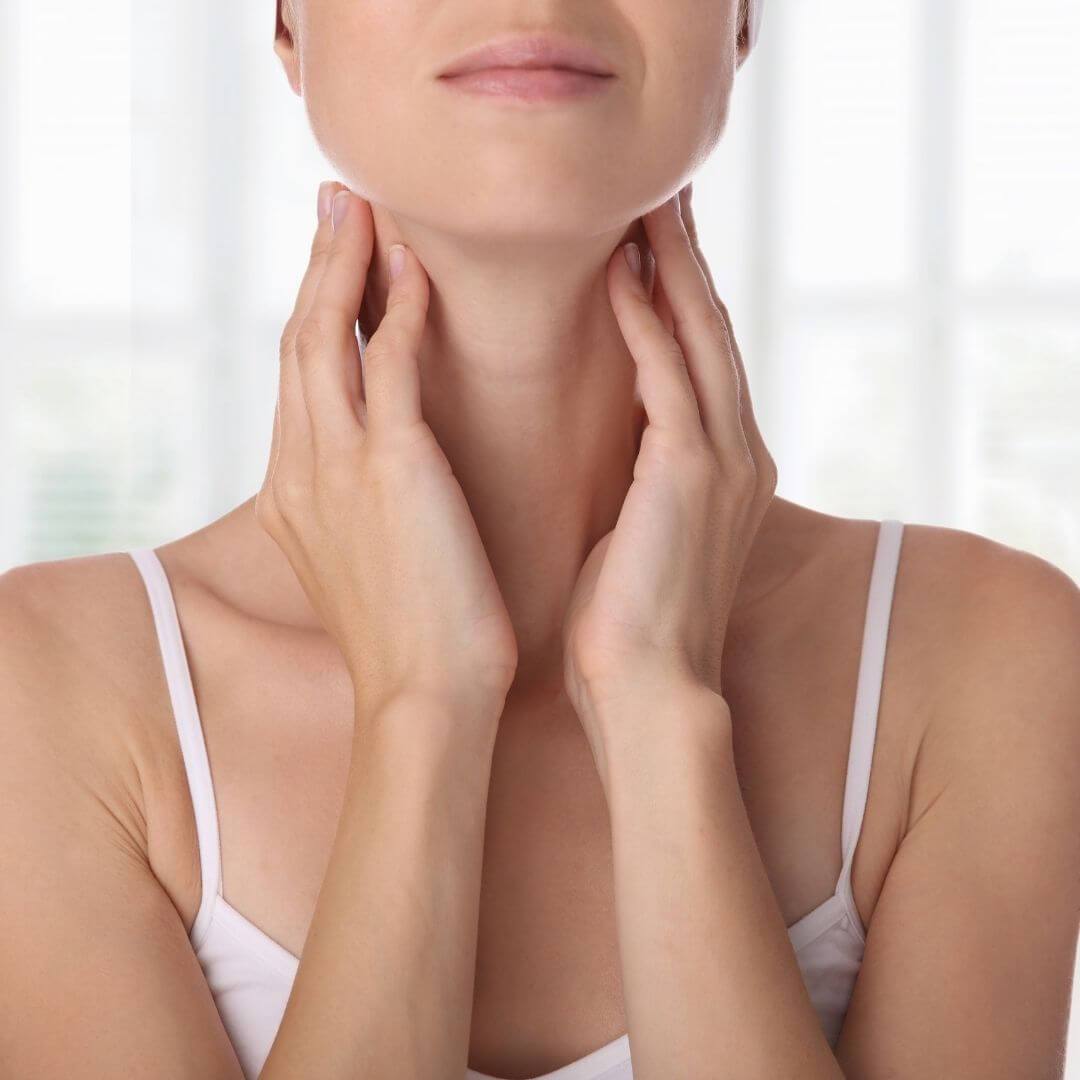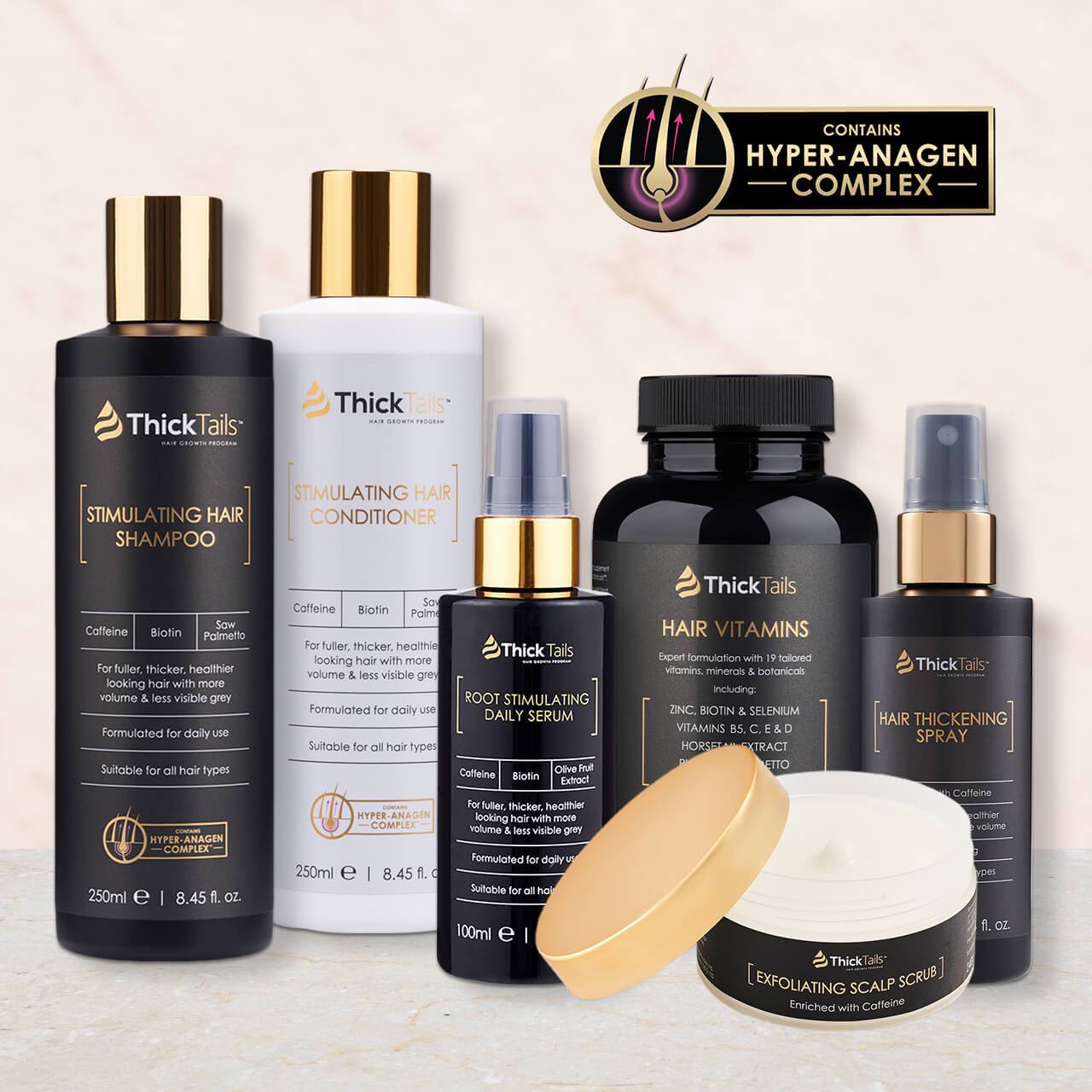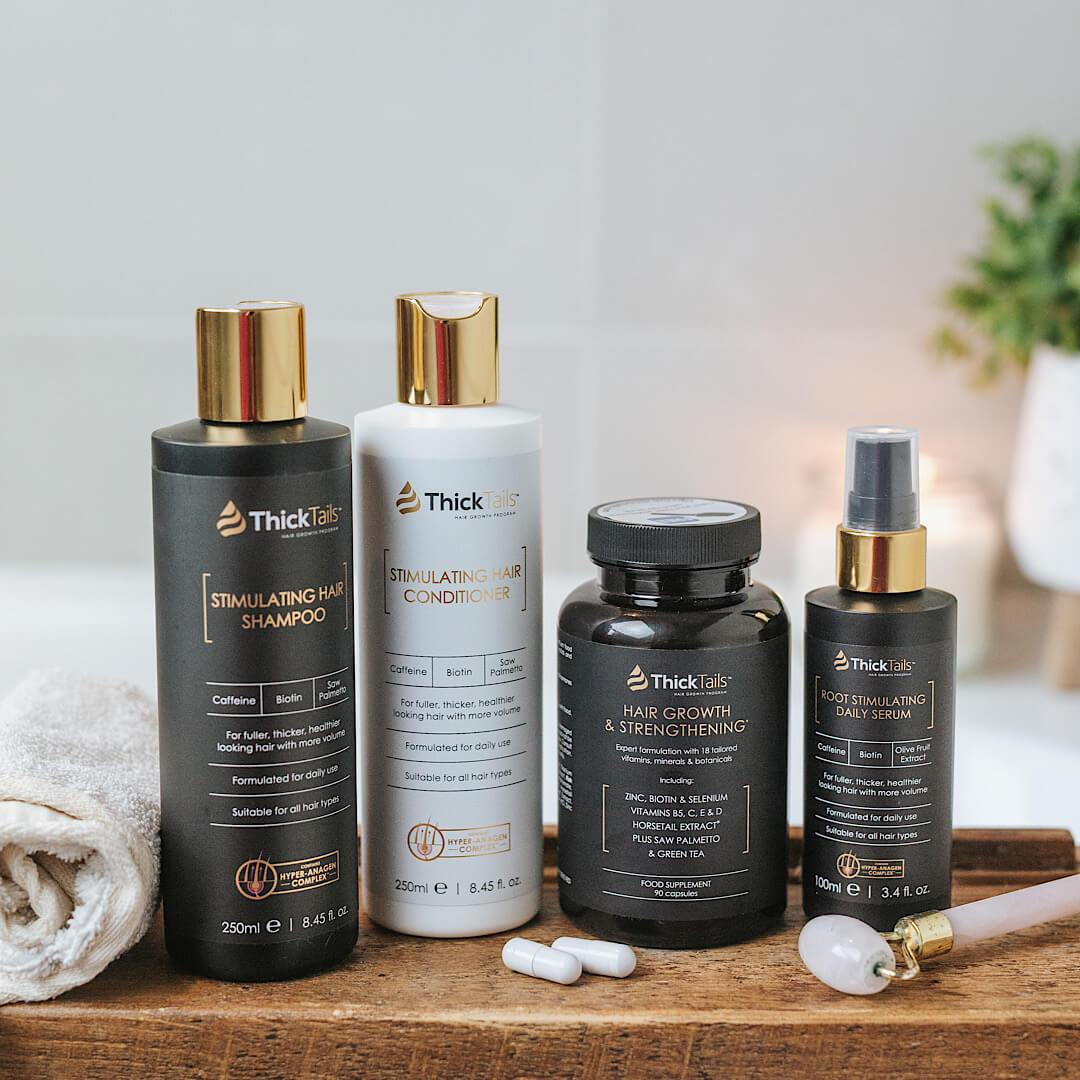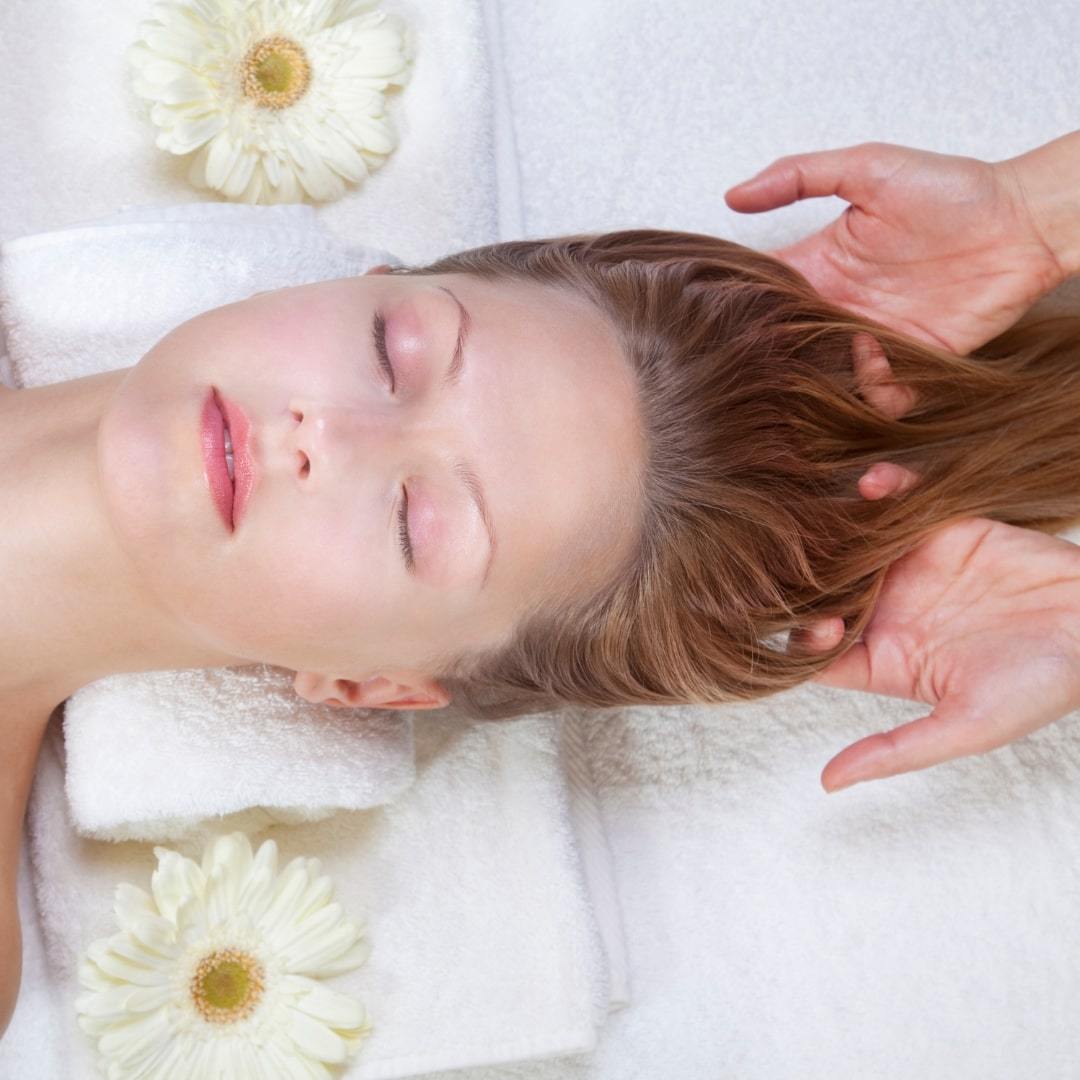The sensationalized myth that hair problems are solely a concern for women has been effectively debunked, as a growing number of men find themselves grappling with the complex issues surrounding scalp health and hair loss. A multitude of factors, ranging from genetic predispositions to lifestyle choices, can play a significant role. This comprehensive guide aims to demystify the subject and provide actionable insights for men dealing with these frustrating realities.
Understanding the root cause of scalp irritation and subsequent hair loss is fundamental to addressing the issue. It's essential to consider possible triggers such as stress, dietary deficiencies, and overuse of hair products containing harsh chemicals. Recognizing early signs and seeking professional advice can lead to more effective management and, in some cases, reversal of hair loss.
I. Understanding Scalp Irritation and Hair Loss

Scalp irritation and hair loss are two distinct but often interconnected issues. Scalp irritation refers to any discomfort or inflammation of the scalp, while hair loss refers to excessive shedding or thinning of hair on the scalp. These problems can occur simultaneously, as scalp irritation can lead to hair loss and vice versa.
Causes of Scalp Irritation
Scalp irritation can occur due to various reasons, such as exposure to harsh chemicals in hair care products (like sulfates), allergic reactions to certain ingredients, or underlying skin conditions like dermatitis and psoriasis. Environmental factors, including pollution and UV radiation, can also trigger scalp discomfort. Understanding the root cause is the critical first step toward finding a tailored solution.
Symptoms of Scalp Irritation and Hair Loss
The symptoms can range from mild itching and flaking to more severe redness and tenderness. Hair loss can be a distressing accompaniment to these irritations, and the two may share a causal relationship. Not all scalp irritations lead to hair loss, but prolonged inflammation can damage hair follicles, potentially leading to a reduction in hair density.
Treatment Options for Scalp Irritation and Hair Loss
Once the causes and symptoms are identified, treatment can be approached through conventional or specialized methods. This may include over-the-counter shampoos and topical treatments, as well as prescription medications when necessary. Understanding what your skin reacts to negatively and avoiding such triggers in your hair care products can also be an effective strategy. In cases where hair loss is a significant concern, more advanced options like laser therapy or hair transplants may be explored.
II. Prevention and Management of Scalp Irritation and Hair Loss
Good scalp health starts with a well-rounded approach to personal care and lifestyle. Some factors that can contribute to scalp irritation and hair loss are within our control, while some are not. However, being mindful of the following can go a long way in preventing or managing these issues. Adopting a proactive stance towards scalp health involves not only the selection of suitable hair care products but also paying attention to diet and stress management. A nutrient-rich diet that includes vitamins like Biotin and Niacin can play a significant role in maintaining healthy hair growth. Additionally, minimizing stress through techniques such as meditation or yoga can also improve scalp health, as stress is often a contributing factor to hair loss. Regular exercise, which promotes blood flow, and avoiding tight hairstyles, which can strain hair follicles, are also beneficial practices. Furthermore, attentiveness to hydration, ensuring one drinks an adequate amount of water daily, is crucial for maintaining the optimal health of scalp and hair. For those with persistent or severe symptoms, consultation with a dermatologist or trichologist can provide specialized insights and advanced care tailored to individual needs.
Proper Scalp Care Practices
Routine washing and regular gentle exfoliation to remove dead skin cells and excess oils are essential for maintaining scalp health. However, too much of a good thing, such as excessive washing or vigorous scrubbing, can aggravate the skin. Finding the right balance for your scalp type is key. Additionally, using gentle and sulfate-free products can also help avoid irritation.
Choosing the Right Hair Care Products
Opt for products formulated specifically to treat sensitivity, and steer clear of those known to be irritants. Look for key ingredients like glycerin, aloe vera, and natural oils, which can soothe and protect the scalp. Experiment with hypoallergenic shampoos and conditioners until you find the combination that works best for you.
Lifestyle Changes to Reduce Scalp Irritation
Certain lifestyle factors, such as stress and diet, can contribute to scalp irritation. Making an effort to manage stress through relaxation techniques or regular exercise can have a positive effect on scalp health. Additionally, a balanced diet rich in nutrients will strengthen hair follicles and improve overall skin condition.
III. Holistic Approaches to Scalp Health and Hair Loss

Apart from traditional treatment options, there are holistic approaches that can also be beneficial in managing scalp irritation and hair loss. These include herbal remedies, acupuncture, and aromatherapy. While scientific evidence for their effectiveness may be limited, many have reported positive results with these alternative methods.
Nutrition and Its Impact on Scalp Health
A well-rounded diet not only benefits your entire body but also plays a vital role in the condition of your scalp. Foods rich in vitamins and minerals, particularly biotin, vitamin E, and zinc, can stimulate hair growth and combat inflammation. Consider including more leafy greens, nuts, and legumes in your diet for their skin- and hair-beneficial nutrients.
Stress Management Techniques for Scalp Health
The hormonal changes associated with stress can exacerbate scalp issues. Engaging in stress-relieving activities like meditation, yoga, or hobbies you enjoy can help maintain hormonal balance and reduce the potential for scalp irritation.
Natural Remedies for Scalp Irritation and Hair Loss
Some natural ingredients and practices can be beneficial for scalp health. Tea tree oil, for example, has anti-inflammatory and antimicrobial properties that can be soothing for the scalp. Aloe vera gel can also be applied topically to reduce irritation. Scalp massage, using gentle circular motions, can stimulate blood flow and promote hair growth.
It's important to note that while these natural remedies can be effective, they may not be suitable for everyone. Always perform a patch test and consult with a dermatologist before incorporating new products or practices into your routine, especially if you have existing skin conditions or are taking medications.
In conclusion, addressing scalp irritation and hair loss in men requires a multi-faceted approach. By understanding the causes, practicing good scalp care, making informed product choices, and adopting healthy lifestyle habits, men can take control of their scalp health and potentially reverse or manage hair loss. Remember, consistency and patience are key when it comes to any treatment or regimen. With a proactive and holistic stance, achieving a healthy, irritation-free scalp is within reach.

